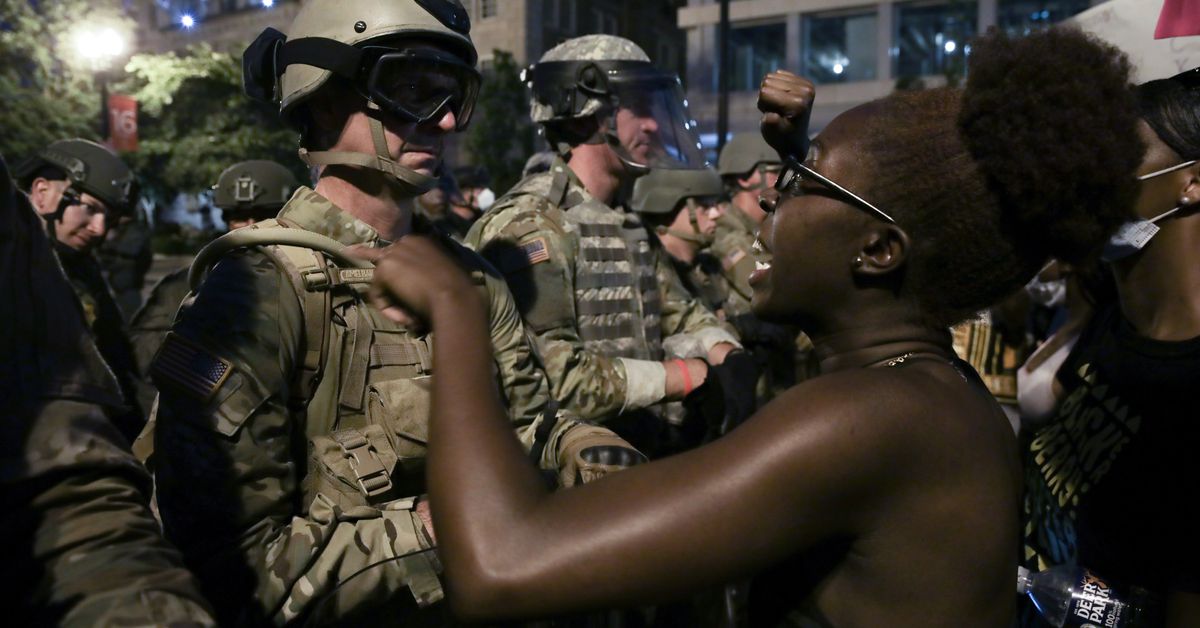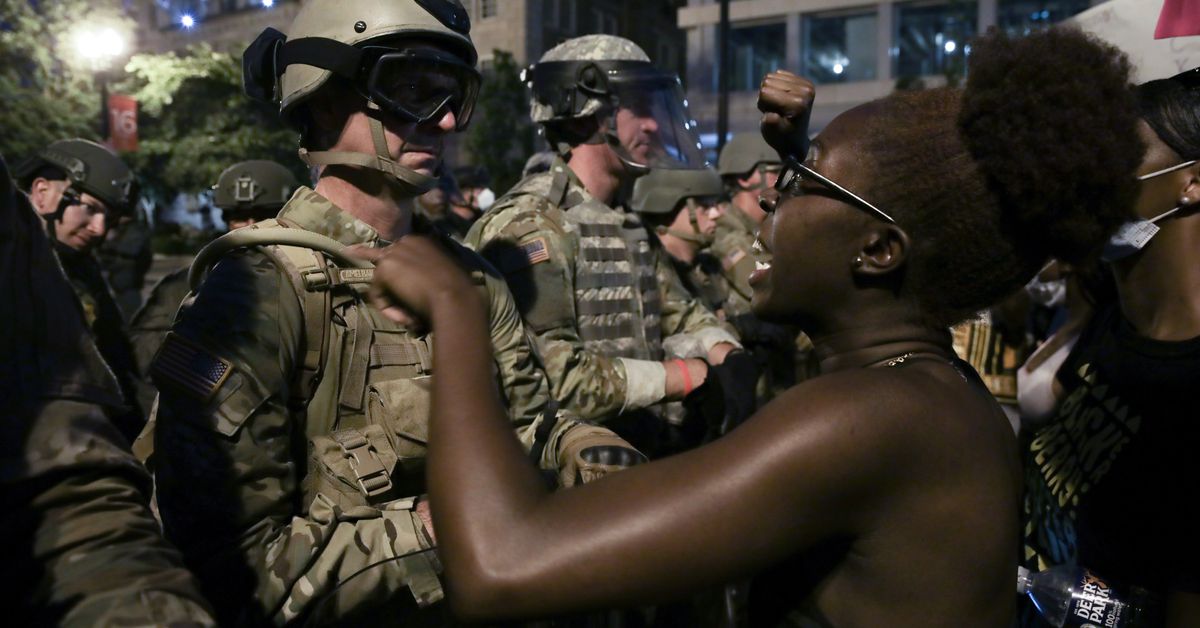
It’s impossible to properly understand the protests happening across America right now — either their original cause or their current character — without watching on-the-ground footage being shared by ordinary citizens and new media outfits. It was a bystander who originally captured the killing of George Floyd by law enforcement, and it’s videos and images shared on Twitter, Instagram, and Facebook that have shown how the police have responded to protests with yet more unwarranted violence.
One notable organization in this new media landscape is Unicorn Riot, a not-for-profit media collective whose reporters have captured footage and interviews that reveals more about the protests than much mainstream coverage. The New Yorker has published a fantastic (though short) profile of the group that’s well worth your time to read.
As writer Troy Patterson explains, Unicorn Riot has been a vital witness to these protests: “The coverage is impressive for its intimacy with the community and unrivalled in its ability to tell the story patiently, in hour upon hour of searching the streets for clarity,” he writes.
“One night last week, a Unicorn Riot camera crew elicited a succinct commentary on the dynamics of property destruction from a local business owner. “I realize why the Third Precinct was burnt down,” the man said. “It wasn’t burnt down because people were mad at the police. It was burnt down because the police were mad at the people”— meaning that the officers’ passivity in protecting the building was in fact an aggression, intended to tar the mass of protesters as arsonists.”
You can watch the video in question below:
Patterson also notes that the importance and relevance of this footage should prod us to reconsider the line we draw between “citizen journalism” and just plain “journalism.”
“You could refer to what Unicorn Riot does as ‘activist reporting,’ just as you might call a bystander capturing footage of N.Y.P.D. officers tossing people to the asphalt or plowing cruisers through crowds ‘citizen journalism.’ But you also could decide that these distinctions reflect a certain snobbery and have lost a certain salience. There is no use in quibbling about objective journalism amid this emergency, when the power of people’s voices is our only defense.”
Be sure to read the full profile from The New Yorker here, and you can check out Unicorn Riot’s reporting on their website here and on their Twitter feed here.
